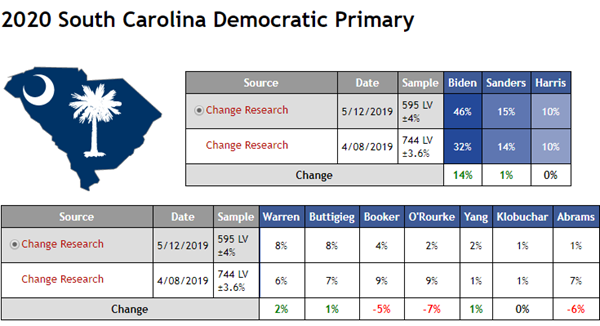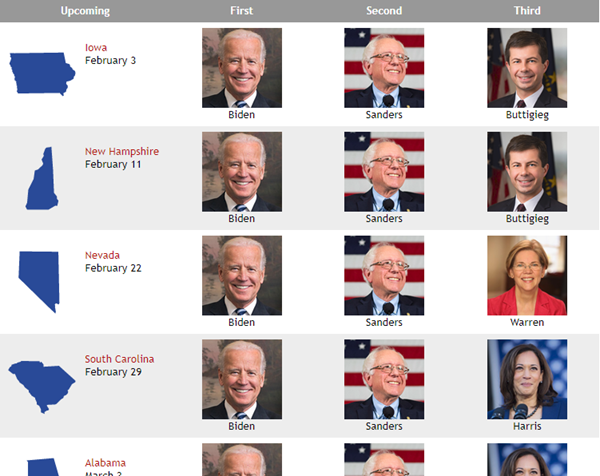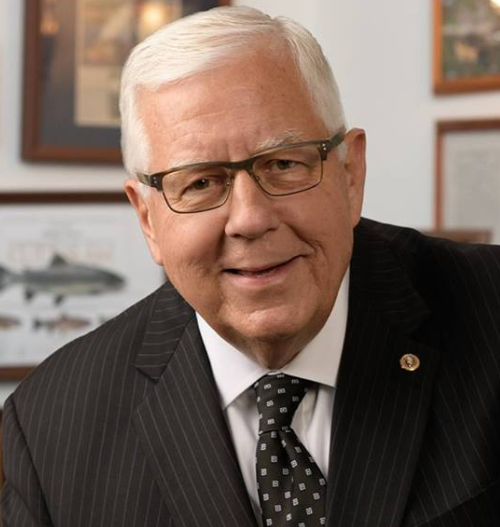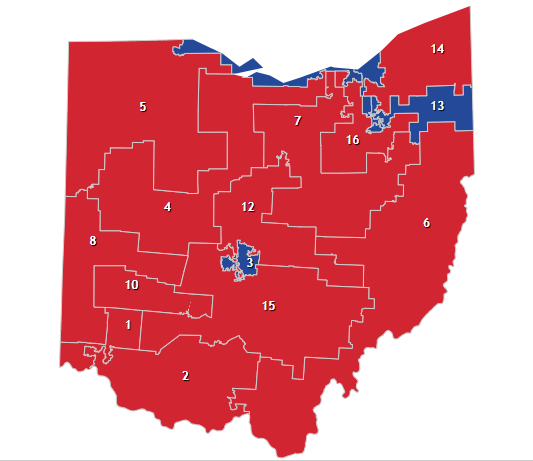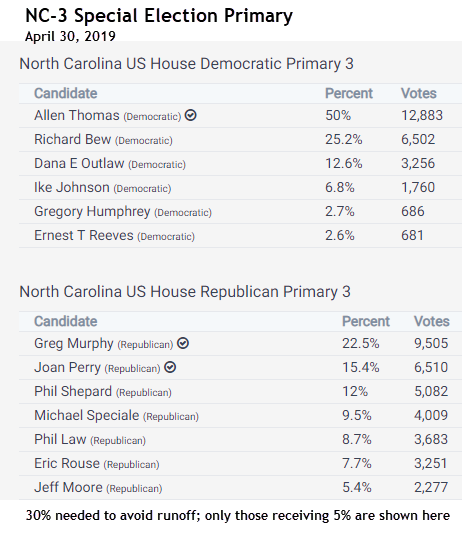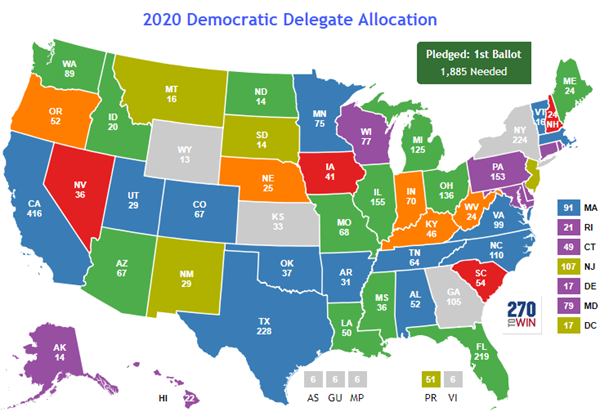Joe Biden is at 46% in a new poll of likely South Carolina Democratic primary voters. This is a large uptick from the 32% that the same pollster gave Biden about a month ago, prior to his formal entry into the race. In a field of over 20 presidential hopefuls, the former Vice President now has almost as much support in The Palmetto State as all the other candidates combined.
Vermont Senator Bernie Sanders was 2nd at 15%, with California Sen. Kamala Harris 3rd at 10%. Both those numbers were little changed from a month ago. Biden's large gain appears to have come at the expense of Cory Booker, Beto O'Rourke and Stacey Abrams, who each lost 5% or more of their support.
